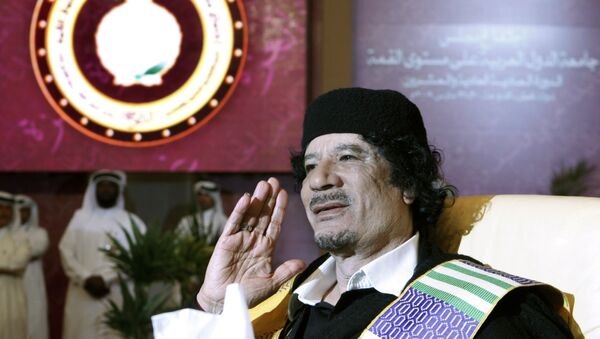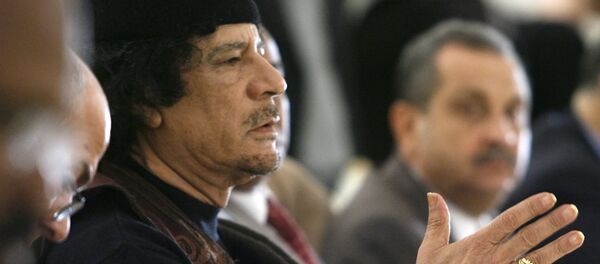"(Qatar) embraces multiple terrorist and sectarian groups aimed at disturbing stability in the region, including the Muslim Brotherhood, ISIS (Islamic State) and al-Qaeda, and promotes the message and schemes of these groups through their media constantly," Saudi state news agency SPA said.
Saudi Arabian political analyst Usef al Kueilit told Sputnik that Riyadh took the decision because of Qatar's support for militant Islamist groups and its role in the so-called "Arab Spring" protests in neighboring countries.
"The closure of the Saudi-Qatar border will hurt the residents of Qatar, because that's the only way they receive food, medicine and everything they need," al Kueilit said.
Saudi Arabia has closed the crossing at Qatar's only land border, which Qatar uses to import about 40 percent of its food supplies. Iran, with which Qatar shares a natural gas field in the Persian Gulf, has offered to deliver food by sea.
UAE-based airlines Emirates, Etihad, Flydubai and Air Arabia have canceled all flights to and from the Qatari capital Doha, and the UAE, Saudi Arabia and Bahrain have also closed airspace for Qatar Airways.
Riyadh has also canceled the broadcasting license and started closing Saudi offices of the Al Jazeera satellite network, alleging that Qatar uses the government-owned network to broadcast militant ideology.
"Qatar is pursing the same policy that Gaddafi used to follow. He also wasted state money on supporting terrorism, until the Lockerbie crisis, which in the end destroyed Libya," al Kueilit said.
In 1988, Pan Am Flight 103 was blown up over Lockerbie in Scotland, killing 270 people. The UN imposed sanctions on Libya over the bombing in 1992, which were lifted in 2003 after Libya accepted responsibility for the actions of its officials and agreed to pay compensation to the victims' families.
Some commentators have said that Qatar will be able to weather the sanctions from its Arab neighbors because of its gas riches and $335 billion sovereign wealth fund. However, al Kueilit thinks the country will be forced to change its political course.
"If Saudi Arabia really does block the supply of food and medicine, then foreign residents, whose number exceeds the number of locals, will force the Qatari government to change the situation. I don't think that Qatar will continue its recent policy in Saudi Arabia, Egypt and Iraq," the analyst said.




